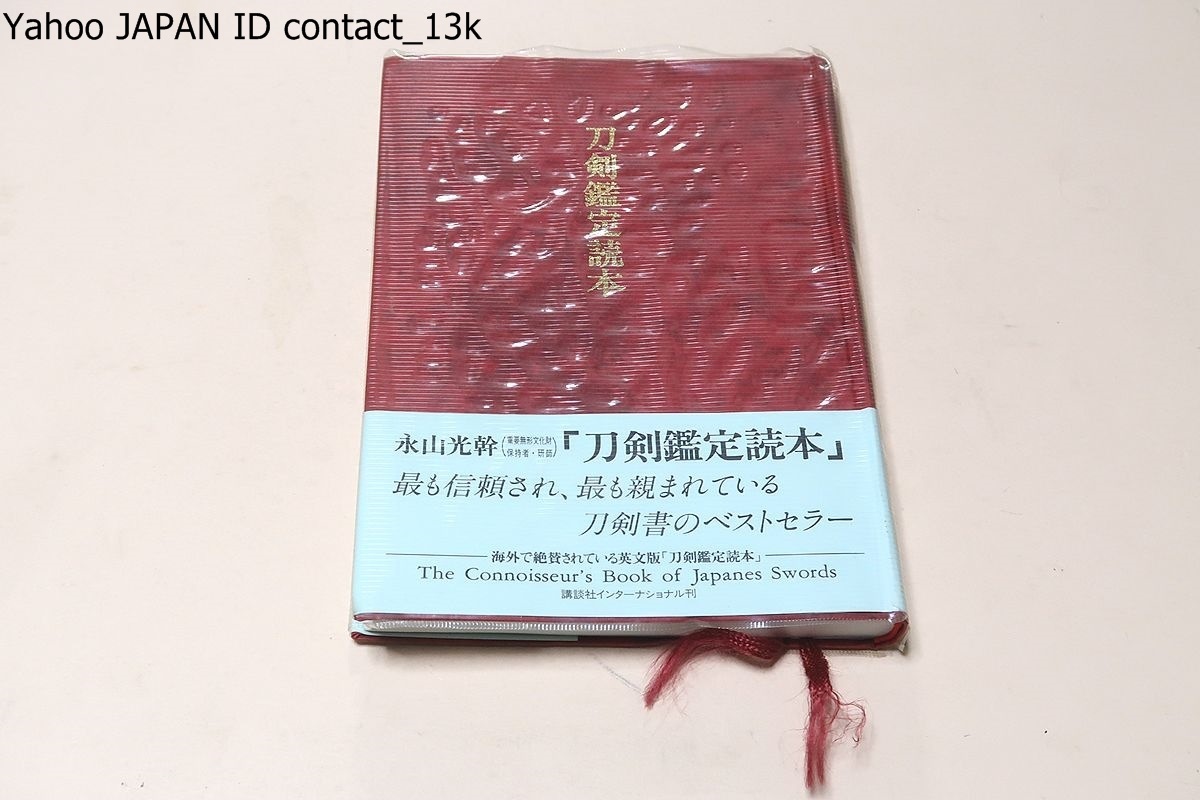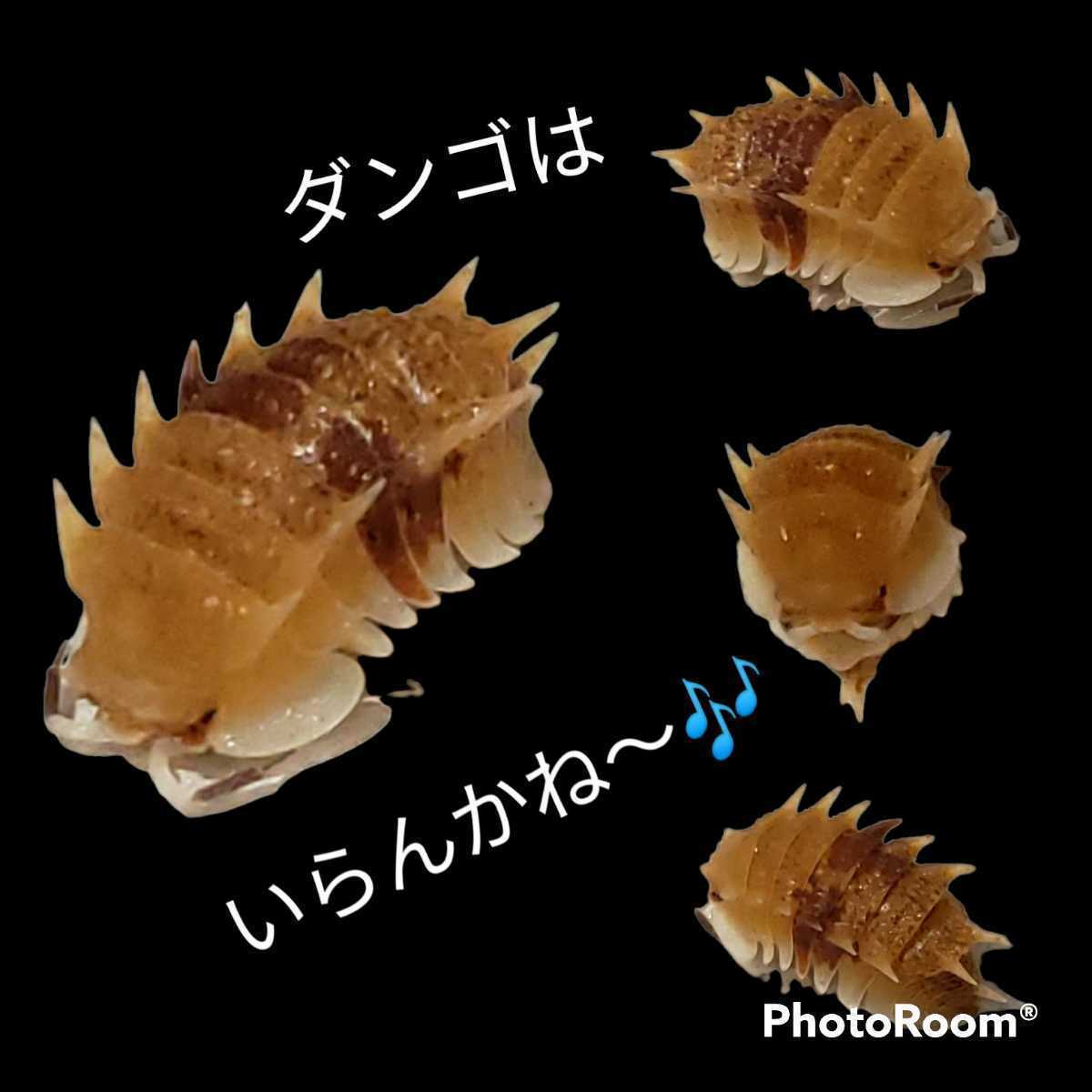-
シーンから探す
- タイヤ、ホイール
- クラブ
- 商品券/ギフトカード
- ワイン
- おもちゃ/人形
- ピアス(両耳用)
- ドレス/ビジネス
- 趣味
- シャツ
- 自動車
- コミック/アニメ
- キャラクターグッズ
- トップス
- ブランドアクセサリー
- アマチュア無線
- トートバッグ
- 興行チケット
- その他
- メーター
- 魚用品/水草
- オフィス家具
- カタログ/マニュアル
- 神奈川県の家電
- PCゲーム
- レディースファッション
- フィギュア
- バングル/リストバンド
- 沖縄県の車のパーツ
- キャラクターグッズ
- その他
- その他
- 大阪府の家電
- アクセサリー
- 食器
- 外装、エアロパーツ
- ウイスキー
- 本
- 漫画、コミック
- 工具、DIY用品
- フィッシング
- 各種パーツ
- コレクション、趣味
- デジタルカメラ
- アニメ
- 楽器、器材
- 盆栽
- その他
- 旧貨幣/金貨/銀貨/記念硬貨
- フィッシング
-
贈る相手から探す
- パーツ
- チェスターコート
- アクセサリー
- PC/タブレット
- 着物
- 楽器、器材
- ペットフード
- エンジン、過給器、冷却装置
- その他
- 店舗用品
- シャツ
- 工具、DIY用品
- 菓子
- 自動車パーツ
- 外装、エアロパーツ
- 旅行用バッグ/キャリーバッグ
- 季節、年中行事
- 工芸品
- 自転車
- 季節、空調家電
- ショルダーバッグ
- バドミントン
- ノートPC
- ダンス/バレエ
- プラモデル
- その他
- おもちゃ、ゲーム
- 工具、DIY用品
- トートバッグ
- フィッシング
- その他
- アンティーク、コレクション
- フィッシング
- その他
- オーディオ機器
- ゴルフ
- アート、エンターテインメント
- 工具、DIY用品
- 自転車本体
- 店舗用品
- カタログ/マニュアル
- おもちゃ/人形
- ネックレス
- 本
- トップス
- ブランド別
- シーツ/カバー
- 植物/観葉植物
- マリンスポーツ
- 漆芸
- ゲーム
- プラモデル
-
カテゴリから探す
- K-POP/アジア
- K-POP/アジア
- その他
- ジャケット/アウター
- トイガン
- その他
- スカジャン
- アクセサリー
- トラック、ダンプ、建設機械
- 外装、エアロパーツ
- ゲーム
- DVD
- ボード
- エンジン、過給器、冷却装置
- 日本映画
- 靴/シューズ
- コミック/アニメ
- 植木、庭木
- ブルゾン
- 農業
- キャラクターグッズ
- その他
- ゲームキャラクター
- 工具、DIY用品
- ファッション雑貨・小物
- キャラクターグッズ
- パーツ
- その他
- 乗車券、交通券
- Tシャツ/カットソー(半袖/袖なし)
- 家具、インテリア
- その他
- プラモデル
- 植物/観葉植物
- パーツ
- カーナビ
- スピーカー
- 国内自動車本体
- その他スポーツ
- ジャンル別
- キャラクターグッズ
- 酒
- おまとめ注文・法人のお客様
販売 刀剣鑑定読本・新版/人間国宝・永山光幹/初心の刀剣愛好家の手引と実際の入札鑑定にも十分な効果を上げる事を目指し編纂/読本で同時に事典
-
商品説明・詳細
-
送料・お届け
商品情報
残り 5 点 15,000円
(599 ポイント還元!)
翌日お届け可(営業日のみ) ※一部地域を除く
お届け日: 11月25日〜指定可 (明日10:00のご注文まで)
-
ラッピング
対応決済方法
- クレジットカード
-

- コンビニ前払い決済
-

- 代金引換
- 商品到着と引き換えにお支払いいただけます。 (送料を含む合計金額が¥294,660 まで対応可能)
- ペイジー前払い決済(ATM/ネットバンキング)
-
以下の金融機関のATM/ネットバンクからお支払い頂けます
みずほ銀行 、 三菱UFJ銀行 、 三井住友銀行
りそな銀行 、ゆうちょ銀行、各地方銀行 - Amazon Pay(Amazonアカウントでお支払い)
-


































商品説明
刀剣鑑定読本・新版/人間国宝・永山光幹/初心の刀剣愛好家の手引きと実際の入札鑑定にも十分な効果を上げることを目指し編纂/読本で同時に事典
平成16年 383P 部数は少なそうです。資料用にもいかがでしょうか。
本書は、初心の刀剣愛好家の手引きと、実際の入札鑑定に も十分な効果を上げ得ることを目指して編纂しました。 本文は「刀剣の歴史」「全国主要刀工の作風」「刀剣用語と 刀工鑑別法」「刀剣の入札鑑定法」の四章で構成されます。 刀剣の学習には視覚的な要素が欠であるため、実物に 沿った図版を多用し、わかりやすさを心がけました。
第一章ではわが国の歴史に沿って、姿の変遷を中心とした 各時代の刀剣の特徴を概説しました。第二章では初期日本 刀、古刀五か伝、新刀、新々刀に大別し、国別、流派別の 作風を詳説した上で、それぞれの末尾で伝法どとに著名刀 工の特徴を記しました。第三章では鑑賞に用いられる術語 を網羅し、併せて第二章以前の内容をまとめて刀工鑑別法 としました。第四章は入札鑑定の実際と、最もよく出題さ れる刀工の見極めどころを要約して掲出しました。
まず全四章を通読されることをお勧めします。途中で用語 などがわからない場合は第三章をその都度ご覧ください。
鑑定会などでは巻末の頻出刀工一覧を参照し、第三章、第 二章にさかのぼってど利用ください。索引は最少限にとど めましたが、書き込みと併せた各自の工夫をお勧めします。
本書の表記は、専門用語を除き一般の表記に準じました。
永山光幹 1920-2010 昭和-平成時代の刀剣研磨師。
大正9年3月21日生まれ。14歳から本阿弥光遜(こうそん)に師事し,昭和30年本阿弥家より鑑定・研磨の免許皆伝をうける。43年永山美術刀剣研磨研修所を設立。国宝・重要文化財をふくむ古刀から現代刀までおおくの研磨を手がける。平成10年人間国宝。著作「刀剣鑑定読本」は英訳もされていた。
This book has been compiled with the aim of providing guidance for beginner sword enthusiasts and being sufficiently effective in actual bid appraisals. The text consists of four chapters: "History of swords", "Styles of major swordsmiths nationwide", "Sword terminology and swordsmith discrimination method", and "Sword sword bid appraisal method". Since visual elements are indispensable for learning swords, we used many illustrations that were in line with the real thing and tried to make them easy to understand.
Chapter 1 outlines the characteristics of the swords of each era, focusing on the transition of their appearance, in line with the history of Japan. In the second chapter, the styles are roughly divided into early Japanese swords, old swords Gokaden, new swords, and new swords, and the styles by country and school are explained in detail, and at the end of each, the characteristics of famous swordsmiths are described. Did. Chapter 3 covers the terminology used for appreciation, and the contents before Chapter 2 are summarized as the swordsmith identification method. The fourth chapter actual and bid appraisal, was posting a summary of the most commonly identify far from the Uncariae that will appear on the exam.
We recommend that you read all four chapters first. If you do not understand the terms on the way, please see Chapter 3 each time.
Please refer to the list of frequently-used swordsmiths at the end of the book for appraisals, etc., and go back to Chapters 3 and 2. We have kept the index to a minimum, but we recommend that you devise your own in combination with writing.
The notation in this manual follows the general notation except for technical terms.
1920-2010 Showa-Heisei era sword polisher.
Born March 21, 1919. He studied under Koson Hon"ami from the age of 14, and received a license for appraisal and polishing from the Hon"ami family in 1955. Established Nagayama Art Sword Polishing Training Center in 1943. He handles a lot of polishing from old swords including national treasures and important cultural properties to modern swords. 1998 Living National Treasure. The book "Sword Appraisal Reader" was also translated into English.
お探しの方、お好きな方いかがでしょうか。
品ですので傷・黄ばみ・破れ・折れ等経年の汚れはあります。外箱欠。表紙小傷、小汚れ、プラカバー小破れ。ページ小黄ばみ、割れ、数か所鉛筆で価格書き込み・蛍光ペンで線引きあり。ご理解の上、ご入札ください。 もちろん読む分には問題ありません。469613注意事項
できる限りスムーズな取引を心がけておりますので、落札後2日以内にご連絡頂きますようお願い致します。
評価が悪い方からの入札は固くお断りします。評価の悪い方が入札された場合には予告なく削除する場合があります。
細部に至るまではチェックしておりませんので、書き込みや蔵書印等ある場合があります。ご理解の上、ご入札ください。
かんたん決済でおこちらの商品案内は 「■@即売くん5.10■」 で作成されました。
この他にも出品しておりますので宜しければご覧ください。